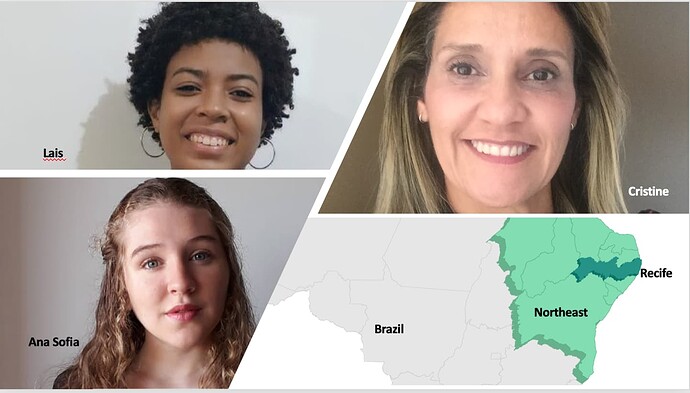Cristine Gusmão (Federal University of Pernambuco), Ana Sofia Miranda de Albuquerque (Federal University of Pernambuco), Laís Souza Amorim (Federal University of Pernambuco)
In a pandemic context, such as Covid-19, the level of insecurity is great, especially due to the challenges and adverse situations faced. In parallel with the dynamics imposed by the market, given the need for professional improvement, it brings the importance of revisiting the training of professionals, to better prepare them to deal with new technological tools, in an educational and marketing ecosystem, innovating the concepts of learning in the digital age, especially in the development of a culture of upskilling and digital skills.
Allow the integration of students and professionals from different areas of knowledge, through online digital platforms, promote the debate and discussion of thematic themes of interest, transversal, and trends, especially in the areas of Biomedical Engineering, aligned with the objectives of sustainable development such as improving the quality of life, an extension project was proposed, engaged with Open Education Practices. This experience promoted the improvement of students in their knowledge of open educational practices, as well as the opportunity to create open educational resources.
The development of extension actions favors research, improvement, and application of topics of interest related to Education, Health and Technology, through technological mediation.
During the execution of the action, some results were observed that were considered important in the development of the student throughout his university career. Three products were developed, as open educational resources: (i) holding open sessions with a focus on the debate on emerging areas of Biomedical Engineering; (ii) development and organization of a booklet with material investigated and elaborated from the open sessions held; and (iii) podcasts with professionals and researchers on the role of Biomedical Engineering in times of pandemic.
Extended abstract: OE_Global_2021_paper_73.pdf 📄
Activity Details
UNESCO OER Action Area: Building capacity
Format: Asynchronous Interactive Activity
Language: English
Participate
This activity can be completed at any time during (or after) the conference.
Instructions and materials for the activity will be added below by the authors. They will provide specific details on how to participate and what to share back as a response to the activity.
